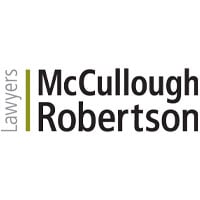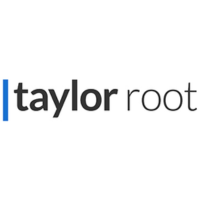

General counsel | University of Sydney




Olivia Perks
General counsel | University of Sydney
Team size: 65
What has been the number one challenge that has impacted you over the past year?
The number one challenge is the sheer volume of work driven by a range of factors including an expansion of the university, more diverse and complex educational and research endeavours, and regulatory complexity matched with rapid regulatory change. The higher education sector is now one of the most highly regulated sectors in Australia.
To respond to this challenge, the legal team are evolving through a structured program of cultural and operational reform. This has included the creation of a new legal operations unit. This unit works to support our leadership team in developing a new operating model with a client led focus and a better distribution of work based on strategic worth, value and risk. We are also looking at processes and technology solutions to improve knowledge centralisation, enhance efficiency and allow us to operate as a data-lead department where decisions and investments are guided by robust and transparent metrics.
Looking forward, what technological advancements do you feel will impact the role of in-house legal teams in the future the most?
In the short-term, technological advances that will have a big impact on in-house teams are no-code automation for administration and contract generation, broader use of the O365 suite (e.g., Forms, Lists), Word ad-ins, and the use of ChatGPT for first drafts and refining communications.
The medium term will see AI doing first reviews of contracts. Whilst this software is currently available, it is not currently cost effective for most in-house teams to adopt. Once the price comes down and the quality goes up, I think we will see broader adoption across Australia.
What would you say are the unique qualities required to be successful as an in-house lawyer in your industry?
The first is a growth mindset, or the willingness and enthusiasm to embrace new and emerging areas of law, practices, behaviours and processes. Consider yourself on a lifelong learning journey.
The second is adaptability, or the ability to change style, speed and tone for the audience, context and work that is evolving in front of you.
The third and fourth are empathy and humility: being able to relate to a broad range of in-house stakeholders and genuinely seeking to understand their perspective without undue judgement or arrogance.
The fifth is integrity, or the ability to act ethically and honestly whilst providing strategic, value-adding advice at pace without compromising independence.
The sixth is the ability to be a relationship builder. This is your capacity to develop, sustain and strengthen trusted internal and external relationships for the betterment of the business and the enrichment of its culture. This requires, humility, empathy, self-awareness and courage.